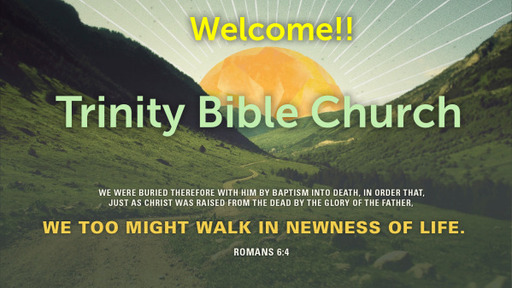Pentecost—The New Church -- Acts 4:32-5:16 The Righteous and Gracious Provision for the Poor

Continuing our study through the doctrine of Economics in light of Acts 4:32-5:16, with emphasis on the Righteous and Gracious Provision for the Poor.
Sunday March 10, 2024
Review
Hallels
Psalm 146:1
Psalm 146:2
Psalm 146:3
Psalm 146:4
Psalm 146:5
Sunday March 17, 2024
Review
The act of casting out demons was not all that unusual in the Jewish world of that day. Even the Pharisees, rabbis, and their followers had the ability to cast out demons. But casting out demons within the framework of Pharisaic Judaism required one to use a specific ritual, which included three stages. First, the exorcist would have to establish communication with the demon, for when a demon speaks, he uses the vocal cords of the person he indwells. Second, after establishing communication with the demon, the exorcist would then have to find out the demon’s name. Third, after finding out the demon’s name, he could, by the use of that name, cast out the demon. There are occasions that Yeshua used the Jewish methodology, as in Mark 5, when He, being confronted with a demoniac, asked the question, “What is your name?” The answer on that occasion was, “My name is Legion for we are many.”
However, there was one kind of demon against which Judaism’s methodology was powerless, and that was the kind of demon who caused the controlled person to be dumb or mute. And, because he could not speak, there was no way of establishing communication with this kind of a demon; no way of finding out this demon’s name. So, within the framework of Judaism, it was impossible to cast out a dumb demon. The rabbis had taught, however, that when the Messiah came, He would be able to cast out this type of demon. This was the second of the three messianic miracles: the casting out of a dumb or mute demon. In verse 22, that is exactly the kind of demon Jesus casts out.
In verse 23 that raised the very question among the Jewish masses, which the miracle was intended to raise: And all the multitudes were amazed, and said, Can this be the son of David?
Was this not the Jewish Messiah? After all, He was doing the very things they had been taught from childhood that only the Messiah would be able to do. They never asked this question when Yeshua casts out other types of demons. However, when He casts out a dumb demon, they raised the question because they recognized from the teachings of the rabbis that this was a messianic miracle.
